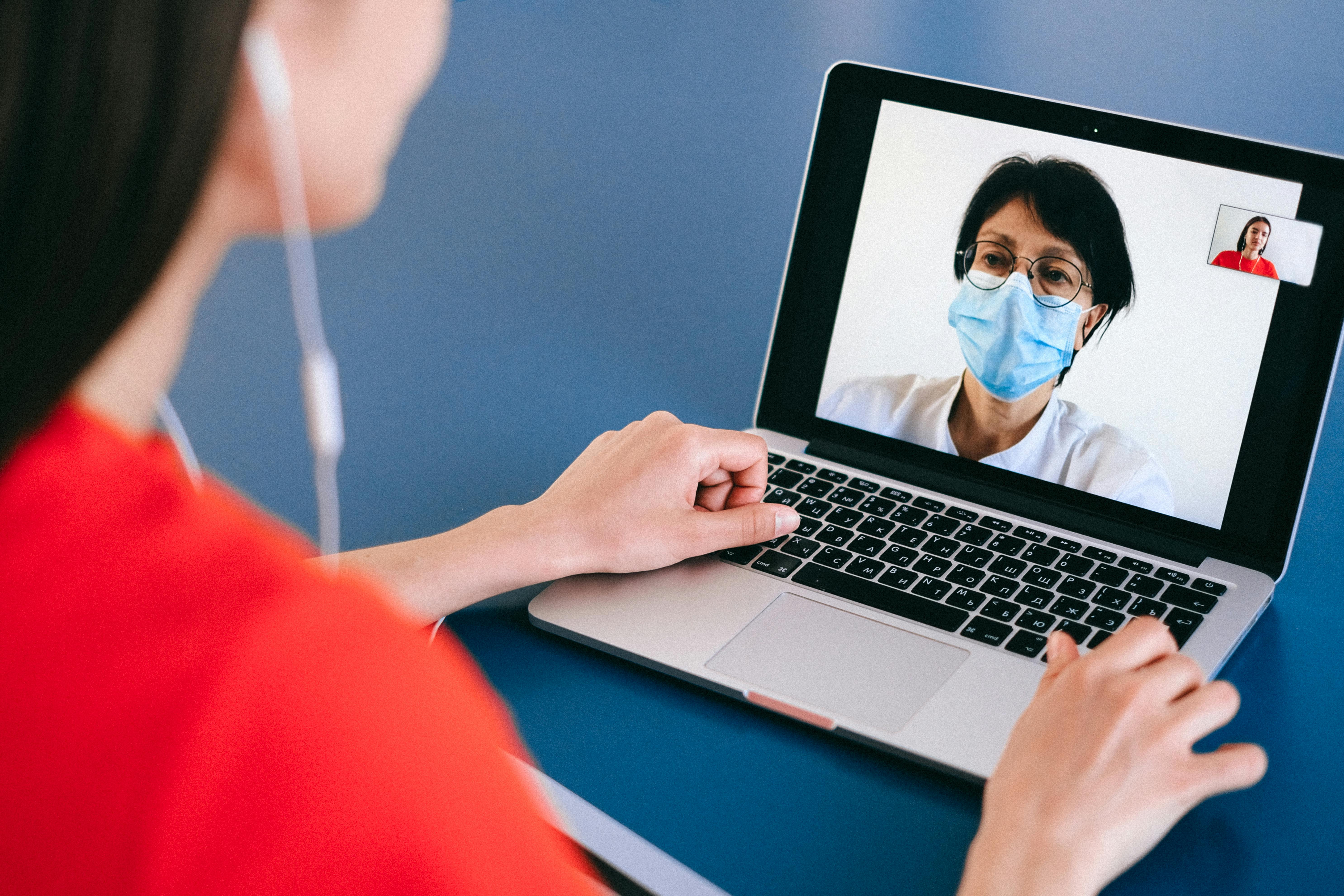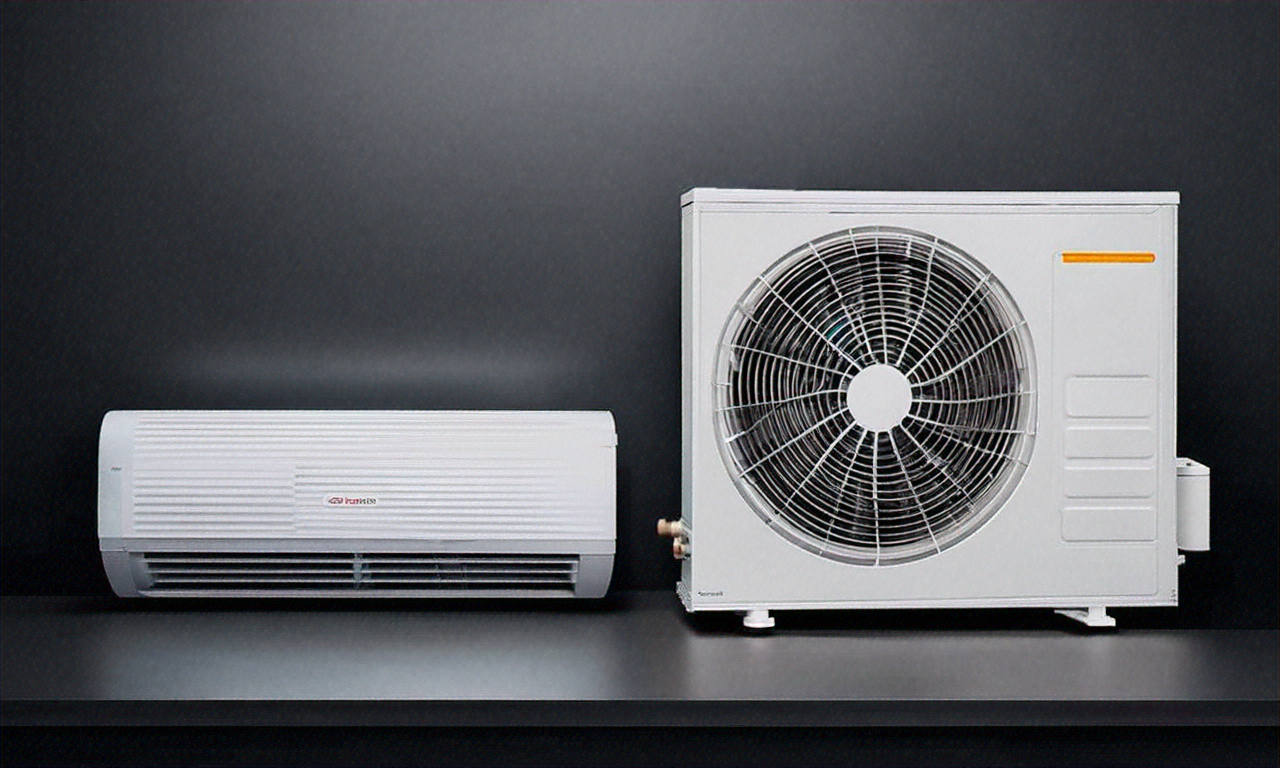Remote Medical Receptionist: Requirements and Career Guidance
The healthcare industry has embraced remote work opportunities, creating new career paths for medical receptionists who want to work from home. Remote medical receptionists perform many of the same duties as their in-office counterparts while providing flexible scheduling and eliminating commute time. This growing field offers professionals the chance to support healthcare facilities from anywhere while maintaining work-life balance and accessing diverse roles across different medical specialties.

What are the roles of medical receptionists and what do they entail?
Medical receptionists serve as the first point of contact for patients in healthcare settings, whether in-person or remotely. Their responsibilities include scheduling appointments, managing patient records, answering phone calls, and coordinating communication between patients and healthcare providers. Remote medical receptionists perform these same duties but work from home or other off-site locations using digital tools and secure communication systems.
In a remote capacity, medical receptionists handle patient inquiries via phone, email, or chat platforms. They verify insurance information, process billing and payments, and ensure that patient data is accurately entered into electronic health records (EHR) systems. They may also coordinate referrals to specialists, manage prescription refill requests, and follow up with patients regarding appointments or test results. The role requires strong organizational skills, attention to detail, and the ability to multitask in a fast-paced environment while maintaining patient confidentiality according to HIPAA regulations.
Remote medical receptionists must be comfortable working independently and managing their time effectively without direct supervision. They need to troubleshoot technical issues with software or communication tools and maintain professional communication standards even when working from home. The position often involves handling sensitive patient information, so discretion and adherence to privacy protocols are essential components of the job.
What skills, software, and certificates are needed to get started?
Successful remote medical receptionists possess a combination of technical, administrative, and interpersonal skills. Strong communication abilities are fundamental, as the role involves interacting with patients, healthcare providers, and insurance companies throughout the day. Typing proficiency and computer literacy are essential, along with familiarity with medical terminology and healthcare procedures. Problem-solving skills help receptionists navigate scheduling conflicts, billing questions, and patient concerns efficiently.
Proficiency with specific software platforms is critical for remote work. Most medical offices use electronic health records systems such as Epic, Cerner, or Athenahealth. Practice management software like Kareo or AdvancedMD helps with scheduling and billing tasks. Remote receptionists should be comfortable using video conferencing tools, secure messaging platforms, and cloud-based document management systems. Experience with Microsoft Office Suite, particularly Excel and Word, is typically expected.
While formal certification is not always mandatory, obtaining credentials can enhance job prospects and demonstrate professional competence. The Certified Medical Administrative Assistant (CMAA) credential offered by the National Healthcareer Association validates knowledge of medical office procedures. The Registered Medical Assistant (RMA) certification from American Medical Technologists is another recognized credential. Some employers prefer candidates with a certificate or diploma from a medical administrative assistant program, which typically takes several months to a year to complete. HIPAA compliance training is often required and may be provided by employers during onboarding.
What types of pay can remote medical receptionists expect?
Compensation for remote medical receptionists varies based on experience, location, employer type, and specific responsibilities. Entry-level positions typically start at lower hourly rates, while experienced receptionists with specialized skills or certifications can command higher wages. Geographic location influences pay rates, with positions serving practices in higher cost-of-living areas often offering better compensation even when the work is performed remotely.
Full-time remote medical receptionists generally receive hourly wages that reflect their skill level and the complexity of their duties. Those working for larger healthcare systems or specialized medical practices may earn more than those supporting smaller general practice offices. Some positions offer benefits such as health insurance, paid time off, and retirement plans, while contract or part-time roles may provide only hourly compensation without additional benefits. Performance bonuses or incentives based on patient satisfaction scores or scheduling efficiency may also be available in some organizations.
| Position Level | Typical Hourly Range | Annual Estimate (Full-Time) |
|---|---|---|
| Entry-Level Remote Medical Receptionist | $13 - $17 | $27,000 - $35,000 |
| Experienced Remote Medical Receptionist | $17 - $22 | $35,000 - $46,000 |
| Senior/Specialized Remote Medical Receptionist | $22 - $28 | $46,000 - $58,000 |
Prices, rates, or cost estimates mentioned in this article are based on the latest available information but may change over time. Independent research is advised before making financial decisions.
How to prepare for a remote medical receptionist career
Preparing for a career as a remote medical receptionist involves gaining relevant education, developing necessary skills, and creating a suitable home workspace. Many aspiring receptionists begin by completing a medical administrative assistant program at a community college or vocational school. These programs cover medical terminology, healthcare systems, billing and coding basics, and office management. Online courses and certificate programs offer flexible learning options for those balancing other commitments.
Gaining practical experience through internships, volunteer work, or entry-level positions in medical offices helps build familiarity with healthcare workflows and patient interaction. Even non-remote medical reception experience provides valuable knowledge that translates well to remote work. Building proficiency with common EHR and practice management software through training modules or tutorials can make candidates more attractive to potential employers.
Establishing a dedicated home office space with reliable high-speed internet, a quiet environment, and proper equipment is essential for remote work success. Investing in a quality headset, ergonomic chair, and dual monitors can improve productivity and comfort during long shifts. Understanding the technical requirements and security protocols necessary for handling protected health information remotely demonstrates readiness for the responsibilities of the position.
Career advancement opportunities
Remote medical receptionists can advance their careers through additional training, certification, and experience. Moving into specialized areas such as medical billing, coding, or practice management offers opportunities for increased responsibility and higher compensation. Some receptionists transition into roles as patient care coordinators, office managers, or healthcare administrators after gaining experience and additional qualifications.
Continuing education helps medical receptionists stay current with changing healthcare regulations, technology updates, and best practices. Professional organizations offer workshops, webinars, and networking opportunities that support career development. Pursuing advanced certifications in medical billing and coding, healthcare management, or specific EHR systems can open doors to more specialized and better-compensated positions within the healthcare industry.
The growing acceptance of remote work in healthcare settings has expanded opportunities for medical receptionists to work with practices across different states and regions. This flexibility allows professionals to seek positions that align with their skills and career goals without geographic limitations. As telehealth and remote healthcare services continue to expand, the demand for skilled remote medical receptionists is expected to remain strong, providing stable career prospects for qualified individuals.
This article is for informational purposes only and should not be considered medical advice. Please consult a qualified healthcare professional for personalized guidance and treatment.




